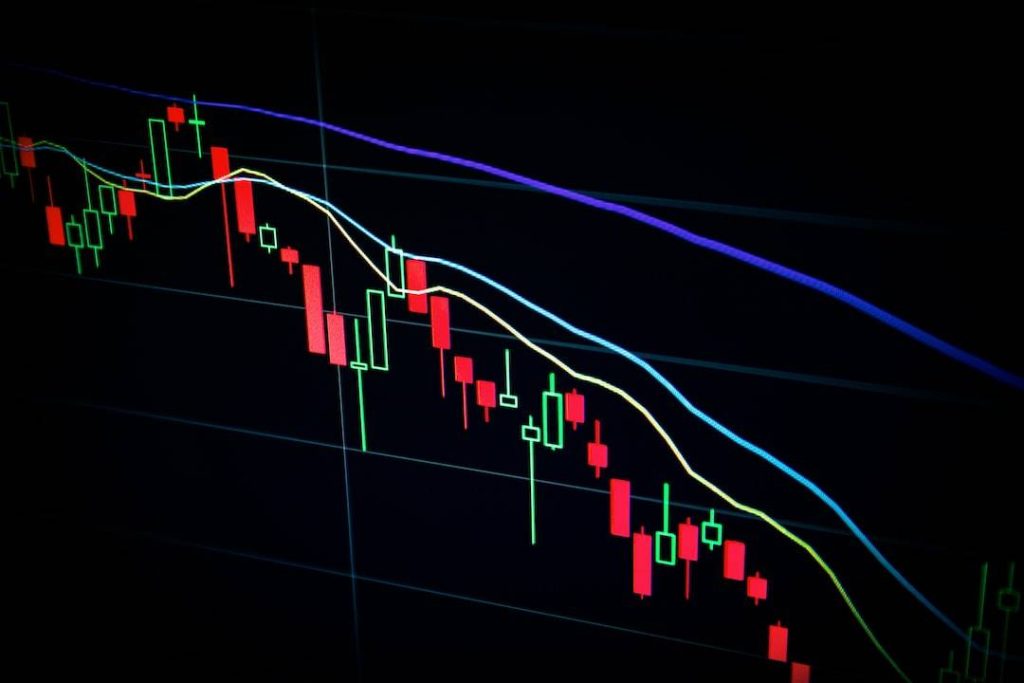The Indian Government’s Push for Coordinated Regulation of Crypto Assets
The Indian government, known for its criticism of cryptocurrencies, is using its role as president of the G20 nations to advocate for globally coordinated regulations on crypto assets. Here are the key points:
1. Tough regulations: India aims to implement strict regulations on digital assets, with the support of international financial institutions like the IMF and FSB.
2. Monetary stability: The government claims that regulating cryptocurrencies is necessary to ensure monetary stability, particularly in the banking system.
3. FTX collapse: The FTX collapse is often mentioned as a reason to crack down on the entire crypto industry, raising questions about how such fraud was allowed to happen under the SEC’s watch.
4. Risks: India will promote a “Synthesis Paper” by the IMF and FSB to address perceived risks associated with cryptocurrencies.
5. Impact on traditional financial system: There are concerns about potential spillover effects from the crypto market to the traditional financial system, although the actual impact remains uncertain.
In conclusion, the Indian government’s push for coordinated regulation of crypto assets reflects its aim to protect the banking system and address perceived risks. However, the impact of cryptocurrencies on the traditional financial system is still uncertain.





 By
By
 By
By
 By
By

 By
By
 By
By